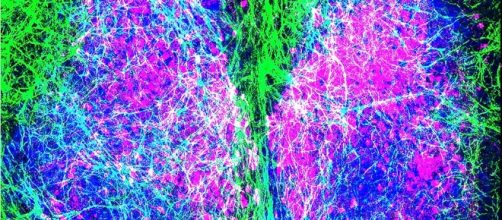Health experts confirm that Astrocytes regulate the blood circulatory system. These star-shaped cells were considered necessary only for the nervous system but a new study reveals they play a vital role in circadian rhythms. The research was published yesterday (March 27) in “Current Biology.” The proportion of astrocytes in the brain is not well defined. Depending on the technique used, the study finds that the astrocyte ratio varies by region. They perform various functions, including biochemical support of endothelial cells, provision of nutrients to the heart, maintenance of extracellular ion balance, and a role in traumatic injuries.
The role of particles in our body
Herzog Peter at the University of Edinburgh discovered that almost all cells keep astrocytic Glial Cells, with a few exceptions like stem cells. They secrete and slurp neurotransmitters and help neurons to form a dense network. At the same time, astrocytic glial cells are present in our blood. To figure out the role of astrocytic glial cells in living things, Herzog monitored their behavior in mice for almost two weeks. Researchers found that astrocytes release transmitters (called gliotransmitters) in a Ca-dependent manner. They send signals to neurons through glutamate. This discovery has made astrocytes an important area of research in the biomedical science.
Structure and classes
Peter says astrocytes, also known as astrocytic glial cells, are mainly present in our nervous system. The star-shaped structures envelop synapses made by neurons. Experts divide astrocytes into different groups based on their functions in the body. Several astrocytes exist in the central nervous system, and some are abundantly present in the blood.
They regulate cardiac rhythms both in animals and humans.
Recent work, summarized by Rowitch Kriegstein at the Queen's University Belfast, indicates that there is a remarkable similarity between astrocytes and microglial cells. The research shows that we can identify subtypes of astrocytes by their transcription factors. Previously, the neuronal network was considered the only important function of astrocytes.
But the current research suggests they play a variety of roles in our body. Scientists will soon investigate whether astrocytes affect the emotional behavior of humans or not. They aim to publish findings in the journal “The Scientist” by next month.

